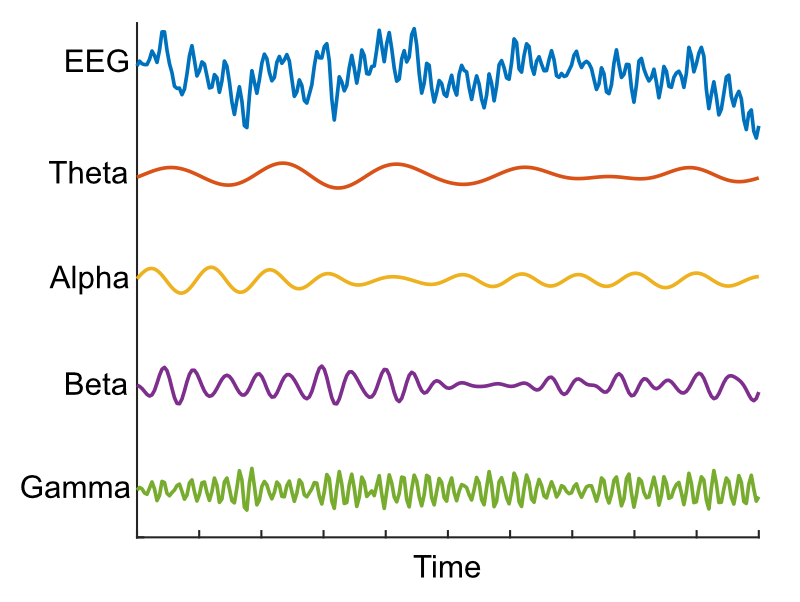
Rhythm is a kind of constraint that is very natural to human beings, because they are a part of nature itself.
Rhythms are a kind of pattern--a pattern that takes place in time. Waves breaking on the shore have rhythms. Bird songs have rhythms. Your heart beats to a rhythm.
The brain, too, is full of rhythms--complex rhythms, brain waves, and so on. So, it should be no surprise that we humans are attracted to rhythms and make rhythms. Humans make music with rhythms. Birds are born with their songs, and we are now learning that many can learn new songs and modify old songs. Humans too, seem to be born with a musical sense, only we not only sing (some of us quite poorly), but externalize those rhythms into musical instruments we create.
When you apply music to words, you get songs and rhythmic poetry. Good songs and poetry combine simple patterns, such as iambic, with more complex patterns, such as the occasional violation of the regular pattern, the subtle differences in lilt, word and syllable length, and stops and pauses due to punctuation and the presence of a cesura (a pause, either naturally placed there by the writer and reader as they read the line, or literally placed there with a space by the poet).
The combination of regular rhythm and more complex rhythms prevent the poem from becoming too blandly repetitive, and it feels/sounds more beautiful.
As mentioned above, the brain is rhythmic. It is why we are attracted to rhythms, and why we create rhythms--particularly when we make art. More, the rhythms of poetry and other rhythmic art coordinate the brain's rhythms, making the brain's rhythms match those of the poem, for example. Of course, those rhythms were made by another person, by another brain, so when your brain matches the work's rhythms, your brain is creating similar patterns as those of the artist when the artist was creating.
Rhythms thus bring us together as people. Drums make us dance together in rhythms and rituals. We get together at concerts to unify in rhythms. A rhythmic speaker is more compelling and will get a group of people to act together.
There is no mistaking the power of rhythms. Which is why it's a vital element for the most artistic of speech acts: poetry.
No comments:
Post a Comment